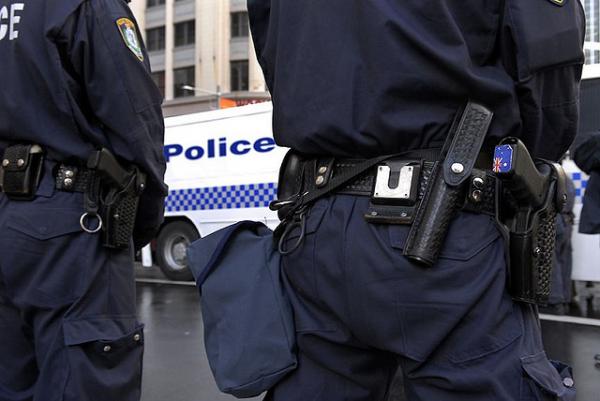
Photo: Rusty Stewart, Flickr
RLC has been actively involved in the public debate this review has stimulated, arguing for fundamental changes in the current system of addressing police misconduct.
RLC’s UNSW Policing Practice recently hosted a public forum on the systemic issues at play in the current model of police oversight. The forum, chaired by former Attorney-General of NSW Robert Debus, and which features our Policing Practice senior solicitor, David Porter, can be watched here.
RLC also made a submission to the Review, putting forward our suggestions for reform.
Here are 6 suggestions from our submission that would improve the situation in NSW:
- Moving in doesn’t always work out: There have been repeated calls from police advocates to force the Police Integrity Commission (PIC) and the Independent Commission Against Corruption (ICAC) to share resources, or even merge. These calls ignore the historical and fundamental differences between police misconduct and public service corruption. When was the last time a cop bought a coal mine? When was the last time a politician shot someone?
- Get judges involved: In order to make a finding of false imprisonment, a judge must be satisfied that the detention was an unlawful act (1). However, internal police complaints are not required to follow a judge’s findings on the lawfulness of police action. This is not fair to the public, and in practice benefits only problem police.
- Fire power: The most dangerous misconduct justifies dismissal in the public interest, but the Commissioner cannot be relied on to take that step. The Police Integrity Commission should also be given the Commissioner’s power of dismissal (2). That power is subject to review in the Industrial Relations Commission, but it would mean that when the public needs to be protected from a police officer, they do not need to solely rely on the Commissioner.
- Watchdogs that bite: Give the PIC the power to make enforceable findings that misconduct has occurred. There is nothing more deflating than the NSW Police Force saying misconduct was actually just a ‘performance issue’.
- Give officers (and everyone else) the right to silence: The Police Integrity Commission routinely compels witnesses to answer questions. The Police Association has consistently complained about this power of compulsion. We agree that it is a damaging infringement of the right to silence. Courts also limit the use of compelled evidence in criminal trials. The public would be better served by a conventional criminal investigation by a watchdog.
- Put it on the record: RLC knows that the majority of complaints never get made. Every week we deal with complaints that could be made, but are not. Sometimes this is because the client is afraid of police, or has previously been disappointed by the complaints system. For victims of domestic violence, it is often because they do not want to upset the local police they rely on for protection. This allows the NSW Police Force to claim a professional standard that is not reflected by the experience of regular participants in the criminal justice system. Make a complaint. You may not succeed, but the next person to deal with that problem officer might.
The review was handed to the NSW government on August 31, 2015. The Government is yet to release the Report to the public, it is also yet to release a response to Tink’s recommendations.
- An unlawful arrest is misconduct under s 122(1)(c) of the Police Act 1990
- Under s 181D of the Police Act


